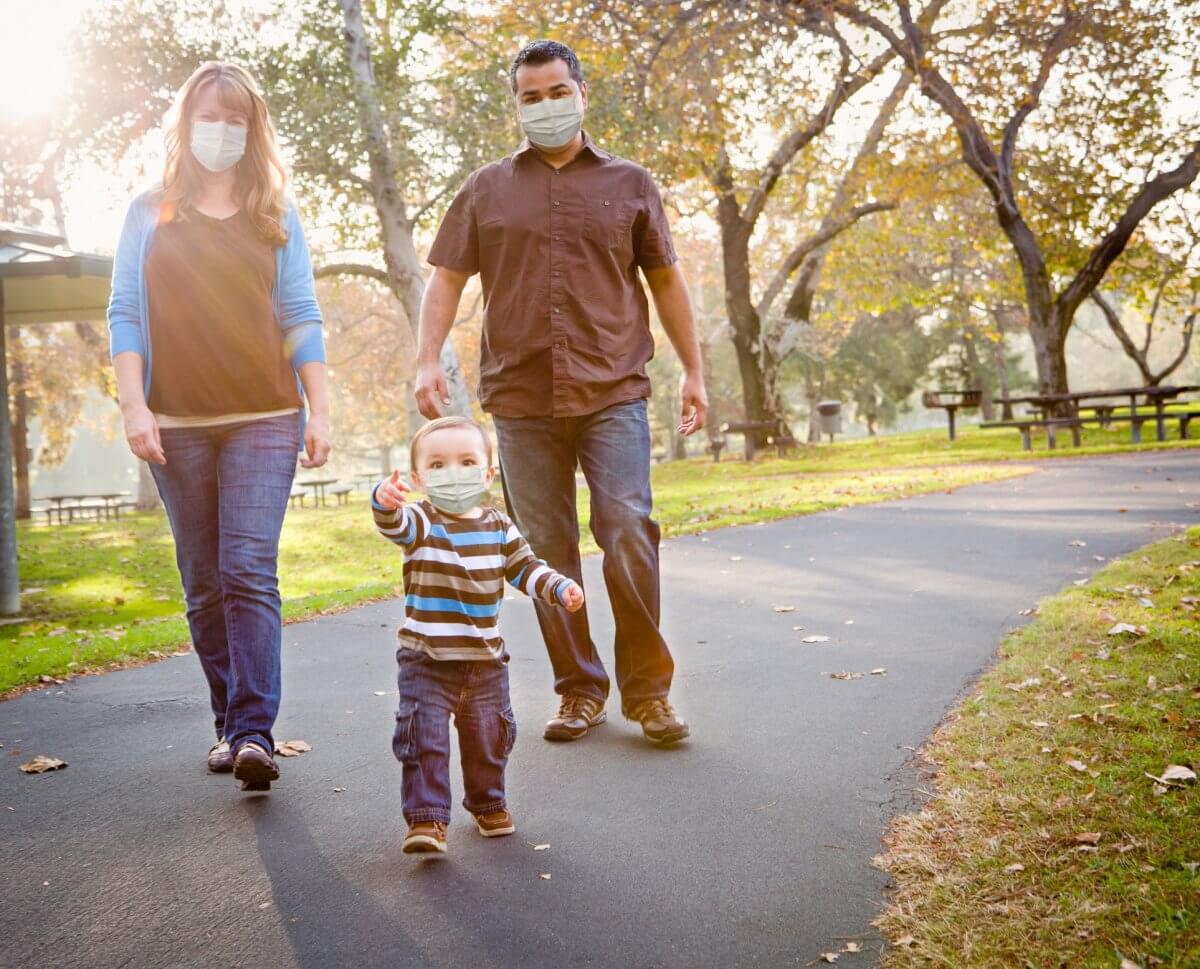We’ve all felt the widespread effects of COVID-19 in different ways. For some, it has brought about job loss and economic hardship. Others have struggled with loneliness due to social distancing, and many have felt an increase in anxiety as they go about their daily life with all of the new health and safety precautions.
COVID-19 has caused massive change and disruption to nearly every area of life, and that includes the surrogacy process. Intended parents who were ready to begin the process, and even those already in it, may be confused about what to do next. Should you continue to pursue surrogacy during COVID-19?
This is a personal choice, so we can’t make it for you. However, we can give you helpful information that puts you in a better place to make the right decision. And that’s why we’ve created this guide.
This is Part Two in our series on surrogacy and COVID-19. If you are a potential surrogate asking the same question, make sure to check out our blog for surrogates.
In order to decide whether or not pursuing surrogacy during COVID-19 is the right choice for your family, it may be helpful to understand how the process could change because of the pandemic.
How COVID-19 Could Change the Surrogacy Process
Every journey toward building a family through surrogacy is unique. That means the specific ways COVID-19 changes your process will depend on the details of your situation.
Has someone close to you contracted the virus, or have you gotten sick? How prevalent is the spread of the virus in your community? Are you a high-risk individual?
These (and other) personal questions will play a big role in determining how things change in your surrogacy process. Along with these things to consider, there are some bigger changes that most processes are experiencing in the face of COVID-19.
Clinic Policies:
Each fertility clinic implements unique precautions to protect clients from COVID-19. You should expect your experience to change. Consultations may move online, and in-person visits may require mask-wearing and other social distancing measures. Consult your fertility clinic to learn more about the guidelines they have put in place during this time.
Travel Plans:
Will your surrogacy process involve travel? Not all processes do. If you do expect to travel, then you will feel the impact on COVID-19 on this aspect of your journey. Airlines have enacted stringent safety measures, and flying is a higher risk activity due to the confined airspace shared with many others for several hours. If you have the ability to drive to your destination, that may be a preferable mode of transportation.
Surrogacy Funds:
The financial impact of COVID-19 has been devastating for many. Whether this comes in the form of job loss, reduced hours, stock losses or something else, your surrogacy budget may have been reduced because of the virus. You’re not alone in dealing with this. Speak to your surrogacy specialist and be totally clear about what your budget looks like because of the pandemic.
The Family-Building Timeline:
It seems like one feature of life in a pandemic is that everything takes a bit longer. Many places of businesses are still catching up on backlogged appointments from the shutdowns, and others simply run at a slower pace in order to follow all the required safety measures. The family-building timeline of your surrogacy process could be extended due to COVID-19.
These are several significant changes to the surrogacy experience that any intended parent should take into account when considering whether or not to carry on with the process in light of COVID-19.
Evaluating Your Options
Taking these considerations into account, should you move forward with the surrogacy process as an intended parent? The answer depends on several factors, including your personal risk tolerance, ability to be flexible and the current situation around COVID-19 in your area.
It should be noted that the impact of COVID-19 could change rapidly. Some communities have already weathered the worst of the virus and are operating under more normal procedures, while others are on the brink of lockdown. Make sure to take your local situation into account.
You might want to move forward with the surrogacy process if:
- You are prepared to be flexible.
- You surrogacy funds are secure.
- You are OK with an extended timeline.
- You are aware of the health risks involved with clinic visits, travel and other parts of the process.
You might want to consider pressing pause on surrogacy if:
- The changes to the process will make you anxious.
- Your surrogacy funds have been reduced due to the pandemic.
- The fluctuating timeline and delays will be a source of frustration.
- You or someone you know is at a higher risk for severe presentation of COVID-19, making the health risks associated with certain steps of the process more dangerous.
There’s no “right” or “wrong” decision in this situation. We’re all going through a pandemic for the first time, and it’s OK to feel confused or unsure. Whatever you choose will be the best decision for your life.
If pressing pause on your surrogacy process is what’s best, then that is OK. You’re not on a deadline. American Surrogacy will still be here to assist you months or even years from now.
Even if you had already stepped into the early stages of the surrogacy process, it’s OK to press pause and pick things back up when life is better. It’s not ideal, and it may be disappointing or frustrating. But, it’s better to be patient (even when it’s hard!) then to try and force the process at the wrong time.
Speak with a Specialist
Many intended parents find clarity when they speak to a surrogacy professional. If you have more questions about your specific situation, you can contact us online at any time or call 1-800-875-BABY (875-229) to speak with a specialist. We’d be happy to answer your questions, fill you in on how we are keeping our clients safe during the pandemic, and help you decide what will be best for your family.









